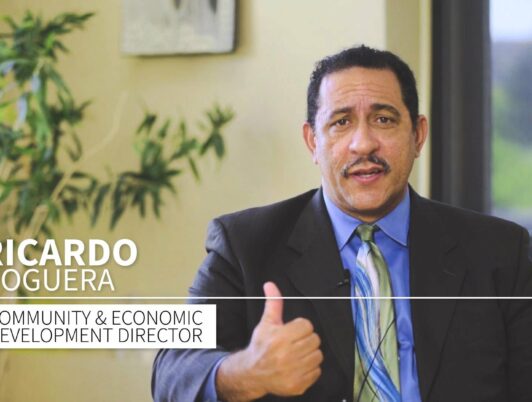Show Notes
Ricardo says there are three main goals for an Economic Development Director: business retention, attraction, and expansion. "You're looking to grow the industry you have and grow jobs, and at the same time attract new industry and grow the economy... The goal is also to attract investment."




